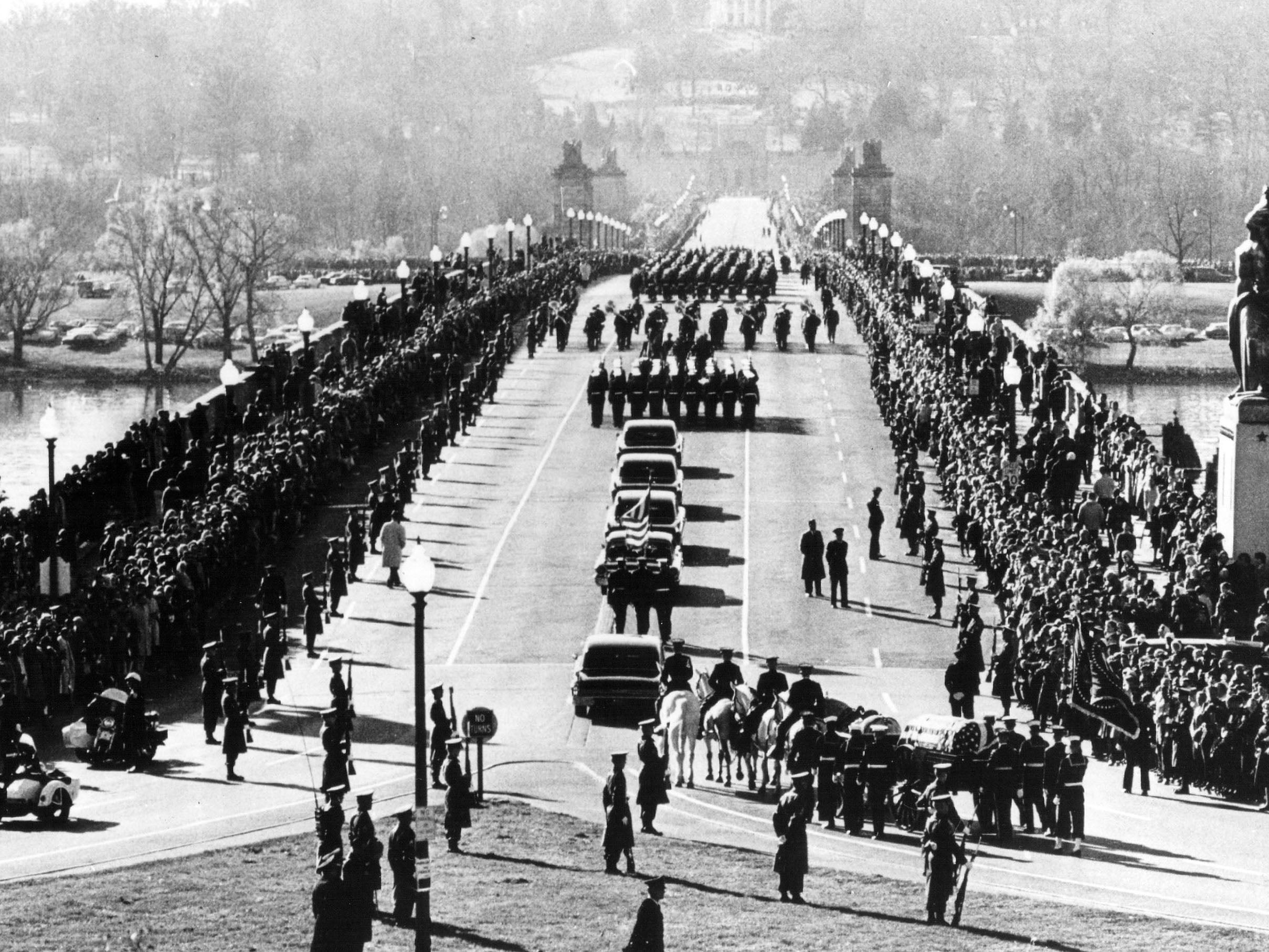The JFK papers give us cause to extend our rights under Freedom of Information
When ministers claim that certain matters cannot be revealed for reasons of ‘national security’ their explanations need to be more thoroughly examined

There is a neat irony in the fact that it was Donald Trump’s decision to release so many classified papers on the Kennedy assassination that should end the conspiracy theories about Russian involvement in that particular moment of history in America. He seems less keen on clearing up what happened in 2016 than in 1963.
For his predecessors, maybe it was for fear of making the Russians look sensible for all these decades that prevented the Americans from making public an FBI memo that stated that the Soviet Union considered Oswald a “neurotic maniac who was disloyal to his own country and everything else”.
However, the USSR was as prone to conspiracy theories as many others, toying with the notion that the death of the president was down to some fascistic conspiracy perhaps to do with the US military or Lyndon Johnson, who succeeded Kennedy.
As with the more bizarre ideas surrounding 9/11 or the death of Diana, Princess of Wales, there seems to be some irresistible urge to believe there must be something hidden in accounts of traumatic or historic events. Perhaps one day they will discover a gene that links belief that Elvis is alive and running a fish shop in Essex, that Hitler died in peaceful obscurity in South America and that Lord Lucan was innocent and/or now basking in the savannah in Botswana, aged 83 next birthday.
That there is nothing in this latest crop of paperwork to support the varied and fantastical conspiracy theories about JFK is not surprising. What is more revealing, in fact, is that they have been kept secret for so long. There is nothing in them that would have seriously compromised the security of the United States for many decades. It might well be the case that a few very elderly individuals may yet find themselves mobbed by the media or otherwise embarrassed by their personal role in these events, which would not be an absolute justification for secrecy in any case.
They may well also show that the CIA and FBI lied to the Warren Commission about what has become perfectly clear long ago, which is that the agencies indulged in “deniable” exercises in assassination and political dirty tricks in other countries. Even at this distance, and even though it has hardly been denied that America had a hand in ending the lives of inconvenient rulers from Vietnam to Chile to the Congo, it is still something the United States is reluctant to own up to, officially.
There are details in these reports that do stimulate interest. Why a reporter on the Cambridge Evening News, for example, apparently received an anonymous call telling him to ring the US embassy for some “big news”, about 25 minutes before the assassination in Dallas is mysterious. The fact that there is no rational cause for such a call is one overwhelming reason to believe that it must have been some kind of hoax, or some misremembering of events and timing, or something entirely random. If there was conspiracy in US circles then it would be an extraordinarily baggy one to reach all the way to the embassy in London, and an eccentric one to put such news (which would become real enough soon enough) into the hands of a regional newspaper. A mystery, yes, but not a sinister one.
To his credit Donald Trump has given the intelligence agencies six month to prove why remaining documents should not be placed in the public domain. Thus he has placed the onus of proof onto the spies rather than onto the media or the public to show why information should not be released, rather than vice versa. The chances are that there will be no devastating historic shockers in the last instalment of the official archives, and that the only conspiracy on show will be the traditional instinctive reluctance of spies to tell anyone anything.
These Kennedy assassination papers give us even more cause to defend and extend our rights under Freedom of Information. It is strange indeed, for example, that papers relating to the Abdication Crisis of 1936 are still locked away in the royal archives. It is also wrong that those relating to the Iraq War in 2003 are still concealed. When ministers and civil servants, in every democracy, claim that certain matters cannot be revealed for reasons of “national security” their explanations need to be more thoroughly examined – with a proven case tested independently. Without that, conspiracies will more easily thrive, and national and personal reputations be harmed in the longer run.

Join our commenting forum
Join thought-provoking conversations, follow other Independent readers and see their replies